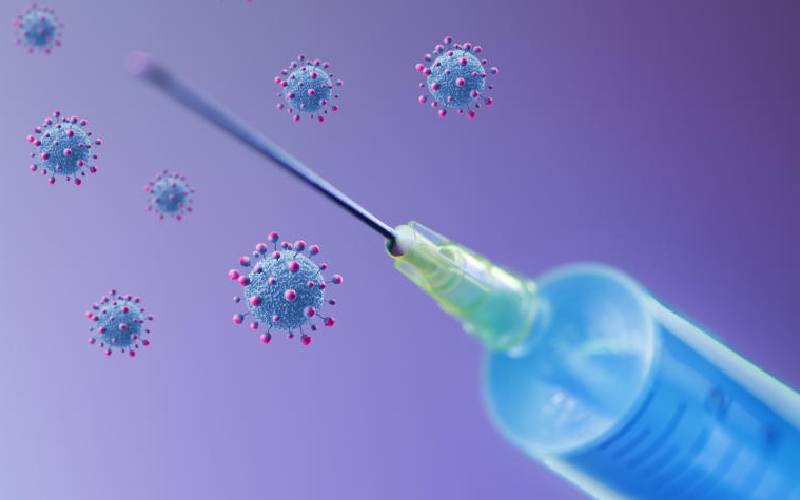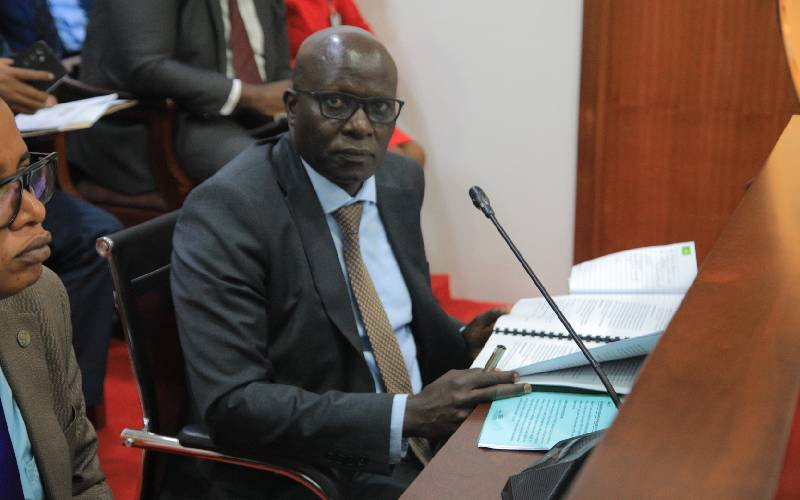×
The Standard e-Paper
Smart Minds Choose Us

Five days of isolation are enough to mix with other people for those who test positive test to Covid-19 but are without symptoms. [Courtesy]
Experts are advising that isolation period for patients with of Covid-19 be shortened from 14 to five days.







